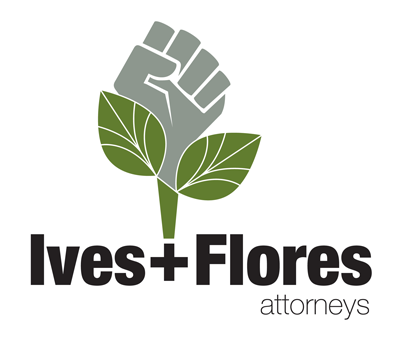Knowing one’s rights is vital for anyone living in the United States. These rights are governed, first and foremost, by the Bill of Rights in the U.S. Constitution. For example, one right that people enjoy in this country is freedom of religion.
Several important points about this right should be understood by all. Awareness of this kind may help you to enhance the likelihood that your right to religious freedom will be respected and upheld overall.
Constitutional basis for religious freedom
The First Amendment provides the legal basis for freedom of religion in the U.S. It’s made up of two main protection points: the Establishment Clause and the Free Exercise Clause.
The Establishment Clause prohibits the government from establishing an official religion or favoring one religion. This ensures a separation between church and state. The Free Exercise Clause guarantees the right to practice the religion of their choice without government interference. This provides the personal liberty of religious freedom.
Civil rights impacts
Freedom of religion as a civil right ensures that individuals can express and practice their religious beliefs without fear of discrimination or persecution. This protection extends to various aspects of public life, including employment, education and access to government services.
By safeguarding the right to practice diverse religious traditions, freedom of religion fosters an inclusive society where tolerance and respect for different beliefs are paramount. This civil right is crucial for maintaining the social fabric of a diverse nation because it allows people from various religious backgrounds to coexist peacefully.
Upholding religious freedom protection
Despite clear constitutional protections, the interpretation and application of freedom of religion have been subjects of legal debate and conflict. Conflicts arise when religious practices intersect with other societal values and legal rights, such as anti-discrimination laws.
Courts often have to balance the right to free exercise of religion with the need to protect other citizens’ rights and interests, leading to complex legal matters. The evolving nature of legal interpretations highlights the dynamic relationship between law, society and religion.
Taking legal action is often complex when one’s rights have been violated. Having a legal representative who can work to show that a particular incident or pattern has violated one’s fundamental rights is crucial, so working with someone familiar with all precedents, including recent developments, is a good idea for those who have been harmed.
